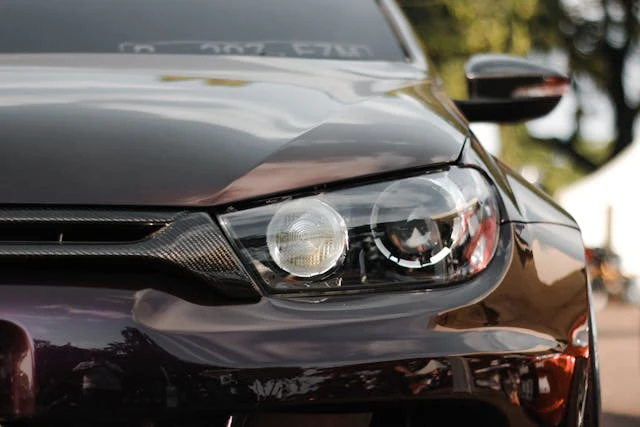Should Cars be Fitted With a Black Box?
The idea of installing black boxes in cars has garnered significant debate in recent years, as advancements in technology have made such devices more feasible and potentially beneficial. Overseas, plans are forging ahead to introduce the technology, which raises the question on whether Australia should follow suit.
What is a Black Box?
A black box, similar to those used in aircraft, is a device that records critical data such as speed, acceleration, braking patterns, and other metrics that can be used to reconstruct events leading up to an accident.
Arguments Supporting Black Boxes in Cars
It is widely argued that black boxes could play a crucial role in enhancing road safety. By providing accurate and objective data about accidents, black boxes could help authorities determine the causes of crashes more efficiently and accurately. This information could then be used to improve road designs, enforce traffic laws, and develop better safety features in vehicles.
Additionally, black boxes could act as a deterrent against reckless driving, knowing that any dangerous behaviour would be recorded and potentially used against drivers in legal or insurance matters. This could lead to a decrease in dangerous driving practices, ultimately reducing the number of accidents and saving lives.
Furthermore, black boxes could simplify insurance claims. In the event of an accident, the data from a black box could provide clear evidence of what occurred, helping resolve disputes between parties and ensuring that claims are settled fairly and quickly. This would not only benefit the individuals involved but also reduce the overall cost of insurance fraud, which is a significant issue in many countries.

Concerns About Black Boxes
While there are benefits associated with the prospect of black boxes fitted as standard in every car, such an approach also raises concerns, particularly with regards to privacy.
Many people are uncomfortable with the idea of being constantly monitored while driving, fearing that their data could be misused or accessed by unauthorised parties. There is also the potential for such data to be used to unfairly penalise drivers for minor infractions or to profile individuals based on their driving habits. The question of who would have access to this data and how it would be protected is a critical issue that would need to be addressed before widespread implementation could be considered.
Furthermore, there is a risk that black boxes could lead to a shift in liability in the event of an accident. If a black box indicates that a driver was speeding at the time of a crash, they could be held liable even if the other party was primarily at fault. This could lead to legal complexities and a sense of injustice among drivers who feel that the data does not fully capture the context of the incident.
Another concern is the cost of implementing black boxes in vehicles. In new cars, the issue is fairly straightforward. However, there would only be limited effectiveness among road users if only a portion of drivers had black boxes. But to retrofit millions of existing cars with black boxes would involve significant costs.
Overall, black boxes offer potential benefits as far as improving road safety and helping resolve insurance claims, but they also raise significant concerns regarding privacy, liability, and retrofitting costs. Any decision to mandate black boxes in vehicles would require careful examination, otherwise drivers may not ‘buy’ into the idea altogether.